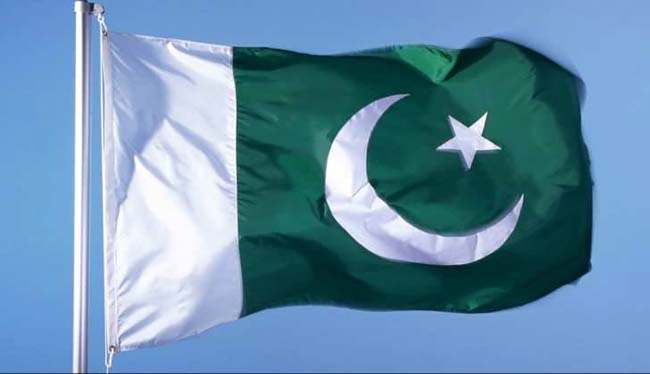Binoo Joshi
Pakistan and International Monetary Fund reached a staff level agreement on Sunday rekindling the hope of an economic stability in the country beset with highly worrying economic woes. It is a good news for Pakistan for a stable Pakistan is necessary for anchoring the economic and political reforms in the country. The IMF has committed US $6 billion over a period of 39 months to help Pakistan to initiate economic reforms and check all the problems on the economic front sooner than later.
There are two ways of looking at the IMF bailout for Pakistan. One, it reminds Pakistan that there is an existential economic problem in the country and that needs to be fixed . Second , this economic assistance can help Pakistan to stablise its wobbly politics as well. An economically and politically stable Pakistan is in the interests of India and the rest of South Asian Region .
What IMF has stated about this bailout offers a study as to what ails Pakistan that has been on borrowing spree from China, Saudi Arabia , UAE . The IMF has said in clear terms that Pakistan needs to go in for major economic reforms , and that if read carefully, also imply that Pakistan would have to undertake a massive policy overhaul .
It reads : “ Pakistan is facing a challengingeconomic environment, with lacklustre growth, elevated inflation, high indebtedness, and a weak external position. This reflects the legacy of uneven and procyclical economic policies in recent years aiming to boost growth, but at the expense of rising vulnerabilities and lingering structural and institutional weaknesses.
The authorities recognise the need to address these challenges, as well as to tackle the large informality in the economy, the low spending in human capital, and poverty. In this regard, the government has already initiated a difficult, but necessary, adjustment to stabilise the economy, including thorough support from the State Bank of Pakistan. These efforts need to be strengthened. Decisive policies and reforms, together with significant external financing are necessary to reduce vulnerabilities faster, increase confidence, and put the economy back on a sustainable growth path, with stronger private sector activity and job creation.”
When the international institutions like IMPF and World Bank lend money to the nations, they impose their conditions . These are difficult to meet, but that is the cost the nations have to pay for their fault lines. Pakistan is complacent that it is located in a critically geo-strategic location and that would make its problems to disappear. This doesn’t happen , it is clear from the IMF statement .
The imperatives of Pakistan , apart from what IMF has scripted are that it should look around and find that how world views it . Major problem is the image of Pakistan. It figures as a hub of terrorism in the foreign policy makers of the world capitals. This image problem is hurting Pakistan economically . This also points out to another major problem in Pakistan that the military-oriented policies dictate the economic charter. The suspension of the cross-LoC trade in Jammu and Kashmir is a direct result of what Pakistan’s military was doing with the economy of Pakistan . In the aftermath of the Pulwama terror attack, India withdrew the Most Favoured Nation , stopped trade from Wagah and suspended the cross-LoC trade from Poonch-Rawlakote and Uri-Muzaffarabad routes . This should have served as an eye opener for Pakistan .
It is a must for Pakistan to rollback its pro-terrorism policy and leave the economy and politics to economists and politicians, not to the army Generals. That offers road ahead for Pakistan to become an economically viable nation .




